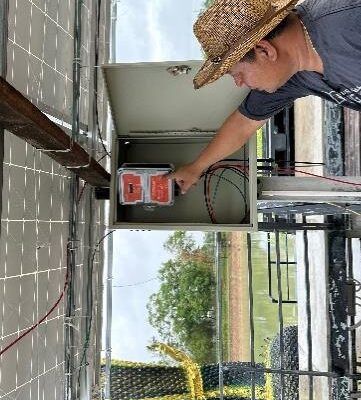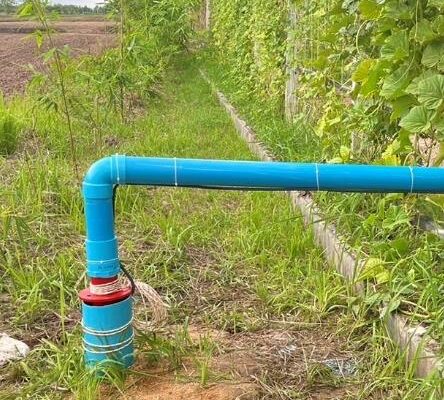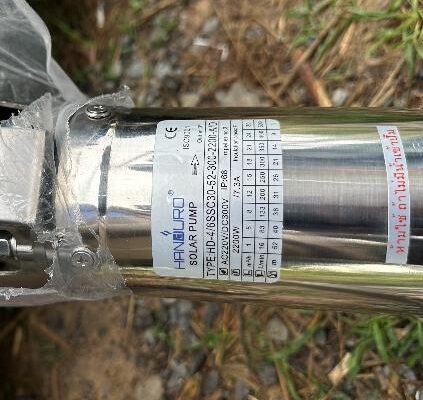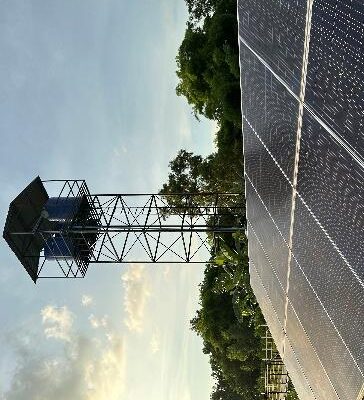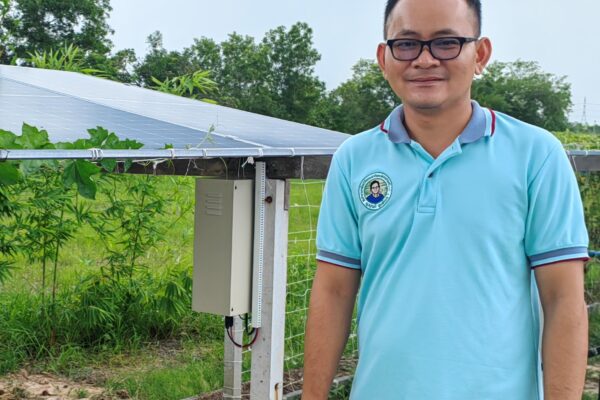In communities around the world, access to sufficient and clean water is a fundamental necessity for both daily life and agricultural sustenance. However, many places continue to grapple with the pressing issue of inadequate water supply and poor water quality. Hence, we need to seek viable solutions to ensure water security and foster sustainable development for present and future generations.
The Ban Um Sang community enterprise in Thailand is confronted with the dual challenges of insufficient water for daily needs and agricultural activities, compounded by poor water quality in the village. In response, the community is determined to locate additional water sources to meet the community’s requirements. Hence, the Renewable Energy Water Supply Project was initiated which encompasses the office, processing, and demonstration farm areas. Funded by Fairtrade Germany under Rice Thailand Project, this project was led by the SPO with the support and supervision of Fairtrade NAPP. This has directly benefitted 45 people consisting of SPO members and committees. Indirectly, it has benefitted 673 farmers and additionally 500 visitors during the year.
 The objectives are as follows:
The objectives are as follows:
1. To secure additional sources of clean water to adequately meet their needs.
2. To reduce electricity consumption by adopting renewable solar cell energy.
3. To establish a model farm showcasing a diverse range of crops, serving as a prototype and study destination for local farmers.
The project started with a thorough assessment of the community’s water requirements, followed by budget calculations for the allocation of received funds. Next, expert technicians were engaged to estimate the equipment costs and other project-related expenses. Subsequently, skilled technicians were hired to drill wells and install solar cells and water pumps until the project is fully implemented and operational.
The implementation of the water pumping project from artesian wells, powered by solar cell energy, at the demonstration farm has resulted in a significant positive impact. The project has successfully increased the water supply from the outset, providing a daily yield of 10,000-15,000 litres. This adequately supports crop cultivation in the model farms and caters to the water needs of offices and mills. This achievement marks a crucial step towards sustainable water management and enhanced agricultural productivity, benefiting both the community and the broader ecosystem.


